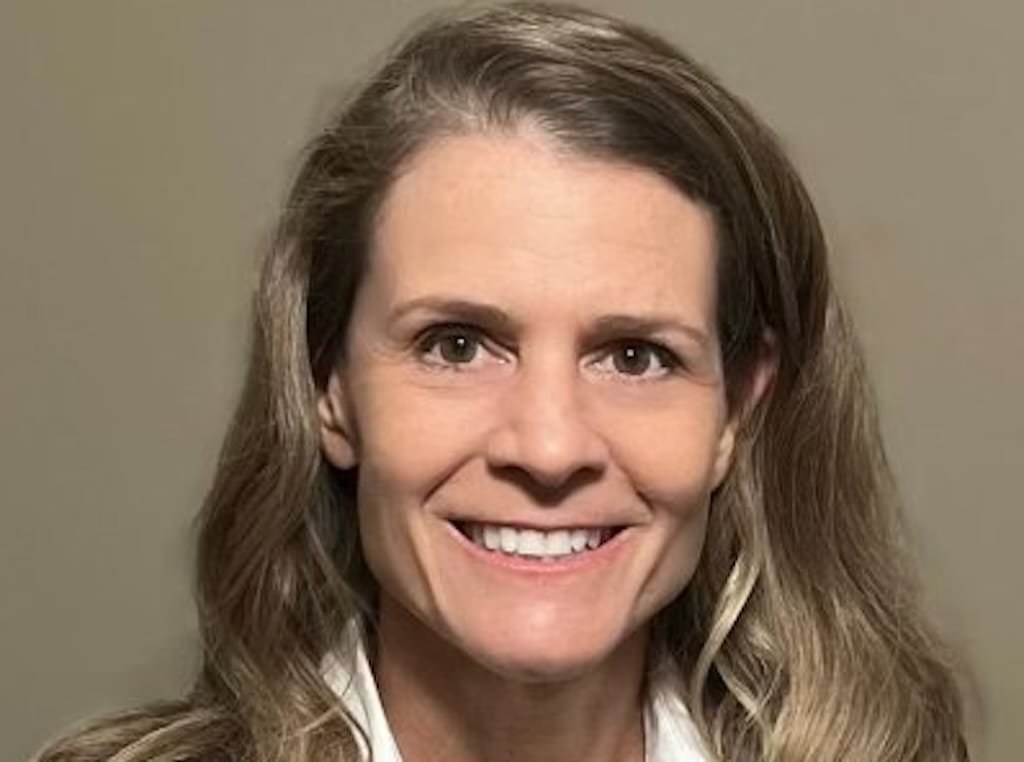California Announces Another $207 Million In Last Mile Broadband Grants
Included is $25 million to help the City Of Huntington Park provide free Wi-Fi for all city residents.
Karl Bode

California’s $2 billion Last Mile Federal Funding Account Grant Program (FFA) has announced another $207 million in new broadband grants across Amador, Los Angeles, and Solano Counties.
The FFA program, part of a broader $6 billion California “Broadband For All” initiative, is aimed at boosting broadband competition and driving down costs statewide.
According to the state’s announcement, $61 million in new grants were awarded by the California Public Utilities Commission (CPUC) for five Last Mile FFA broadband infrastructure grant projects in Amador and Solano Counties, bringing affordable fiber Internet access to approximately 10,000 Californians.
The CPUC award details indicate that the grants will be awarded to the Golden State Connect Authority (GSCA) and the City of Vallejo to help bring fiber access to 2,278 unserved locations in Amador and Solano counties.
The City of Vallejo will leverage $3.8 million in state grants to complete four different projects laying predominantly underground fiber, with the city retaining ownership of the finished network and Smart Fiber Networks providing last mile consumer-facing service.
Another $96 million in broadband infrastructure grants were awarded for three Last Mile Federal Funding Account broadband infrastructure grant projects across Los Angeles County, connecting 5,303 unserved locations benefiting approximately 1.2 million Californians.
Included is $25 million to help the City of Huntington Park provide free Wi-Fi for all city residents.
Additionally, another $25 million grant for the Destination Crenshaw “Digital Equity Zone” that we profiled last June was also approved by the CPUC.
“As we approach the end of the year, today’s approval underscores our historic commitment to digital equity through the Broadband for All initiative,” CPUC President Alice Reynolds said. “These vital investments bring us closer to fulfilling the promise of reliable, high-speed internet for every Californian, particularly in underserved and unserved areas.”
At the same time, the CPUC announced it had approved a $50 million grant from the Broadband Loan Loss Reserve Fund for Golden State Connect Authority (GSCA) to further connect rural Californians.
“This award represents a transformative investment in our communities, allowing for the expansion of affordable, high-speed broadband for rural Californians, creating new opportunities for education, healthcare, and economic development,” GSCA Chair Jack Garamendi said of the award.
This is the eighth round of awards doled out by the CPUC as part of California’s FFA program. To date, the state has awarded $829 million for California broadband projects scattered across 35 counties, with more than a billion in additional funding to come.
The FFA program is part of California’s broader California’s Broadband For All plan. Born in 2021 thanks to Senate Bill 156, the effort included not only $2 billion for last mile broadband deployments, but $3 billion to help construct a new middle mile network intended to dramatically boost broadband access in the state dubbed the Middle-Mile Broadband Initiative (MMBI).
“The grants we are awarding are fostering a future where equitable access enhances education, healthcare, economic development, and emergency connectivity for communities across our state,” Reynolds said.
ILSR partner organizations like Digital Equity LA and the California Alliance For Digital Equity (CADE) have expressed repeated concerns that inaccurate maps, telecom monopoly lobbying influence, and a lack of transparency risked wasting California’s once-in-a-lifetime opportunity to dramatically transform affordable California broadband access.
A version of this article was originally published on the website of the Institute for Local Self Reliance's Community Broadband Networks Initiative on Nov. 13, 2024, and is republished with permission.









Member discussion